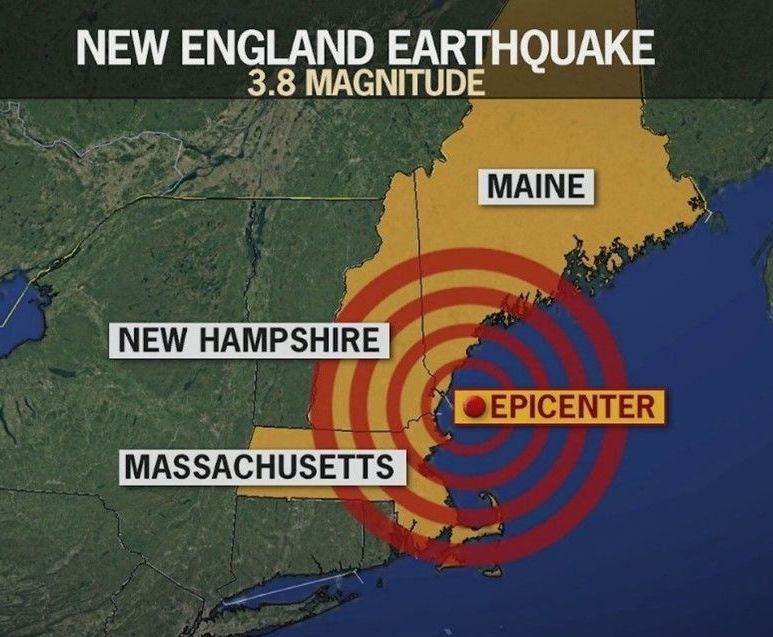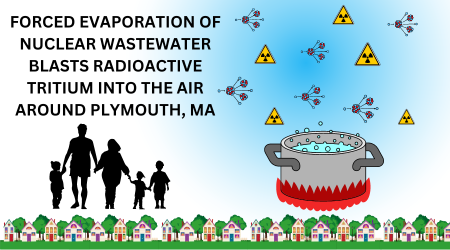C-10 president disputes coverage of nuclear plant study
- By Pat Skibbee
- •
- 08 Jan, 2019

To the editor:
This letter is written in response to The Daily News article of Dec. 19 on the continuing operation of the Seabrook nuclear power plant.
The article needs clarification/ further explanation. The headline – “Study: Plant can operate” – is misleading. The article states that the Advisory Committee on Reactor Safety (ACRS) completed an “independent study” to address concrete degradation of the plant buildings.
This makes it sounds as though the ACRS actually studied the 26 buildings of the plant. It did not. The ACRS is a purely advisory committee to the Nuclear Regulatory Commission (NRC), the body that is actually empowered to make decisions on nuclear power plants.
What the ACRS did was issue a letter commenting on the written proposal for monitoring the concrete degradation, a proposal submitted by NextEra, Seabrook’s owners and operators. The letter was written after the ACRS held a meeting in Maryland on the proposal. The letter to which The Daily News refers is the response of the ACRS to NextEra’s proposal. It is in no way an “independent study.” The Seabrook nuclear power plant was licensed for 40 years of operation in 1990; that license expires in 11 years, in 2030. NextEra has now requested a license extension of 20 more years; if granted, the alreadydegraded plant would be able to continue in operation until 2050, a total of 60 years for a plant that was admittedly designed to last 30 to 40 years.
The concrete-damaging alkali-silica reaction (ASR) was discovered in 2009. In 2010. NextEra applied for a license extension. In publicly available documents as early as 2012, concrete scientists consulted by NextEra stated in a number of documents that the plant was still strong enough to continue in operation “for an interim period.”
That phrase has never been defined; however, I believe no common sense interpretation would call 31 more years an “interim period.” Is even the 11 years left of the current
license an “interim period?”
The newspaper article quoted Peter Robbins, a communications director for NextEra as saying “... ASR is a well-understood and manageable condition.” In fact, Seabrook is the first and only nuclear power plant in the United States to suffer from ASR.
ASR is an ongoing chemical reaction; it can be monitored, but it cannot be stopped or repaired. Our group, C-10, which has been monitoring the plant since shortly after it went online, has been admitted as the only formal intervenor in the license amendment request legal proceeding, which specifically addresses the proposed procedure for monitoring the ongoing ASR damage.
A hearing is scheduled for sometime after June 2019. It is our understanding that the NRC will not make a final decision until after that hearing.
To access public information on all aspects of this complex situation, go to ADAMS docket #50-443; also www.ADAMS.nrc. gov; also ML16216A240. Note that much of the information is marked “proprietary,” meaning that it is withheld from the public.
PATRICIA L. SKIBBEE West Newbury
The letter writer is president of the C-10 board of directors.
Follow us



